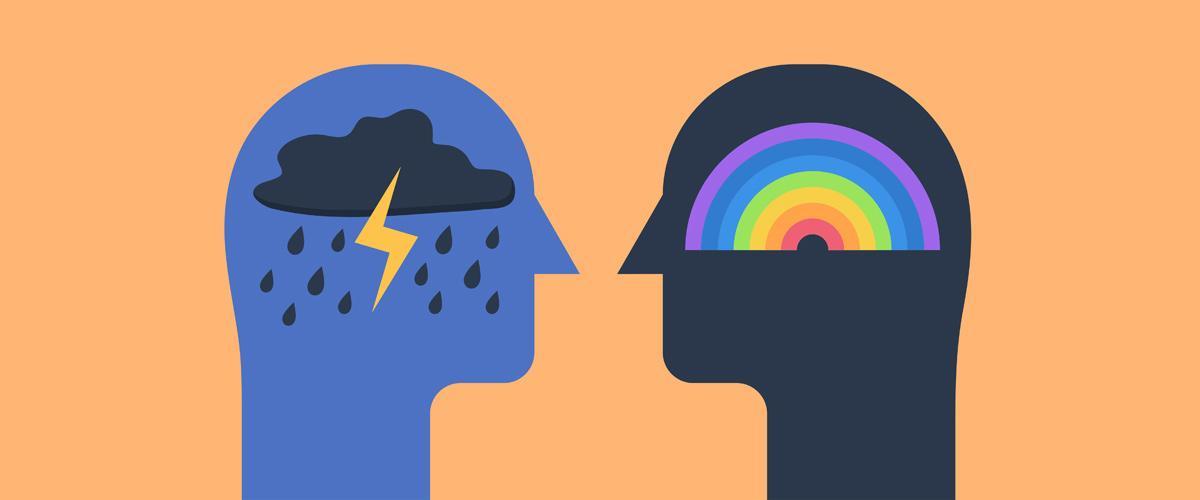COVID-19 has put increased strain on mental health due to the lockdown, working from home and virtual schooling as this was the longest enforced isolation period in human history. Many people are facing increased anxiety and depression due to bereavement, loss of income, isolation and general uncertainty.
With this situation still ongoing, it is more important than ever to monitor your mental well-being. Routine is important for promoting good mental health. This can be as simple as starting your day at roughly the same time every day and setting time aside each day to focus on something that brings you joy (e.g. exercising, meditating or just relaxing).
Here are some tips to help alleviate stress during the pandemic.
1. Move more every day
Being active reduces stress, increases energy levels, can make us more alert and even improves sleep for some. Explore different ways of adding physical movement and activity to your day and find something that works best for you. There are free home workouts that personal trainers are doing on Instagram, for example, or try out a YouTube workout video a few times a week. You could even go for a daily walk to get some fresh air and move your limbs.
2. Try relaxation techniques
Relaxing and focusing on your breathing can help alleviate tension and lighten negative emotions. Try to evaluate your body during the day. Are your shoulders relaxed or lifted? Is your jaw tense? If you recognise that you are stiffening your body, take deep breaths to ease the tension and relax your muscles. A range of relaxation techniques, including progressive muscle relaxation, is available from the England National Health Service (NHS).
3. Connect with others
Staying home, especially if you live alone or with housemates with whom you are not close, can feel lonely. Find time to keep in touch with co-workers, friends, family and others to help you (and them) feel more connected. Explore ways of connecting that work for you. This could include video calling, WhatsApp messaging or general social media activity. If the rules in your country allow it, small in-person meet-ups are also an option.
4. Take time to reflect
Make time every day to reflect on the positive aspects of your day. Whether you managed to get out of bed, or you completed an important task, celebrate the small things. Consider keeping a gratitude journal where you could write two or three things you are grateful for each day. Mindfulness techniques may also help you focus on the present rather than dwelling on unhelpful thoughts (though they may not be helpful for those experiencing social anxiety or more severe depression).
You can find a number of relaxation and other digital exercises on the UK’s Mental Health Foundation website.
5. Improve your sleep
With continuous changes to the rules and additional lockdowns, you may have trouble adjusting and/or sleeping. There are many ways you can improve your sleep. Aim to go to bed and get up at the same time each day in order to maintain a routine. Also, try to get some natural sunlight by opening curtains and windows. This helps regulate your body clock, which can help you sleep better. Before bedtime, avoid using your phone, tablet or computer. Instead, try to read a book, or do some yoga.
You can find a range of tips for improving sleep on the Mental Health Foundation website as well.
It is clear that COVID-19 has had a huge impact on mental health across the world. The long-term impact of this my take weeks, months or even years to be fully understood. It is therefore vital to look after our mental health, just like our physical health. Why not try putting some of these tips into practice today?


Karen Stephenson
Human Resources Manager, Medline UKI
Karen has worked at Medline in the United Kingdom for almost 11 years, starting off working at the reception in Runcorn before going back to college to gain her CIPD Level 3 & 5 qualification as an HR Expert. Her professional background is in the hotel industry, with positions ranging from Call Centre Manager to Hotel Reservation and Revenue Manager.






